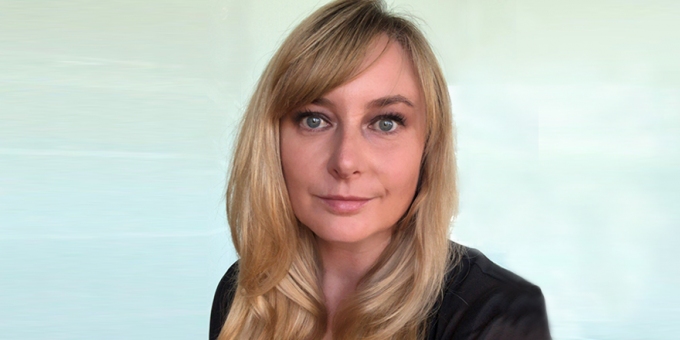The College is excited to announce a new appointment to our Research School of Computer Science, as we welcome Professor Amanda Barnard FAIP FRSC.
Professor Barnard comes to the College from the Commonwealth Scientific and Industrial Research Organisation (CSIRO). During her time there, from 2009 to 2020, she was an Australian Research Council (ARC) Queen Elizabeth II Fellow, an Office of the Chief Executive Science Leader, and a Chief Research Scientist for Data61.
Professor Barnard has previously held positions at Argonne National Laboratory in the USA, and at the University of Oxford in the UK.
Professor Barnard originally trained in theoretical condensed matter physics. She has “spent the last 20 years developing and using methods for explaining the world computationally, and the last seven of those working at the interface of computational science and applied machine learning”.
“Computational models simplify the world around us,” she said. “So using computational data (or capta) to explain real observations requires many thousands of virtual experiments. We model every possible scenario on high performance supercomputers to create highly complex sets.”
In 2014, she became the first person in the southern hemisphere, and the first woman, to win the Feynman Prize in Nanotechnology for her work on diamond nanoparticles.
Here at ANU, Professor Barnard hopes she will be able to influence our relationship to technology.
“I hope our research will lead to more thoughtful and effective use of artificial intelligence (AI) in modelling the physical world. We aim to take greater advantage of the exceptional high performance computing resources that are available today, and in the future,” she said.
Professor Barnard joins the College as Professor of Computational Science, and is excited about the opportunity to combine cutting-edge technologies to transform the way we approach computational science.
She also believes that creating effective relationships between the university sector and industry is key to positive change.
“We will solve relevant problems that help industry make decisions about economic, environmental, and social prosperity. We are enablers, and we lead by example.”
“Our world is digital. Every part of it is measured, modelled or predicted in bits and bytes. We hear a lot about artificial intelligence, but it is human intelligence that is needed to interpret application and meaning. Computer scientists are both the interpreters of our digital reality, and the architects of our digital future,” Professor Barnard said.

